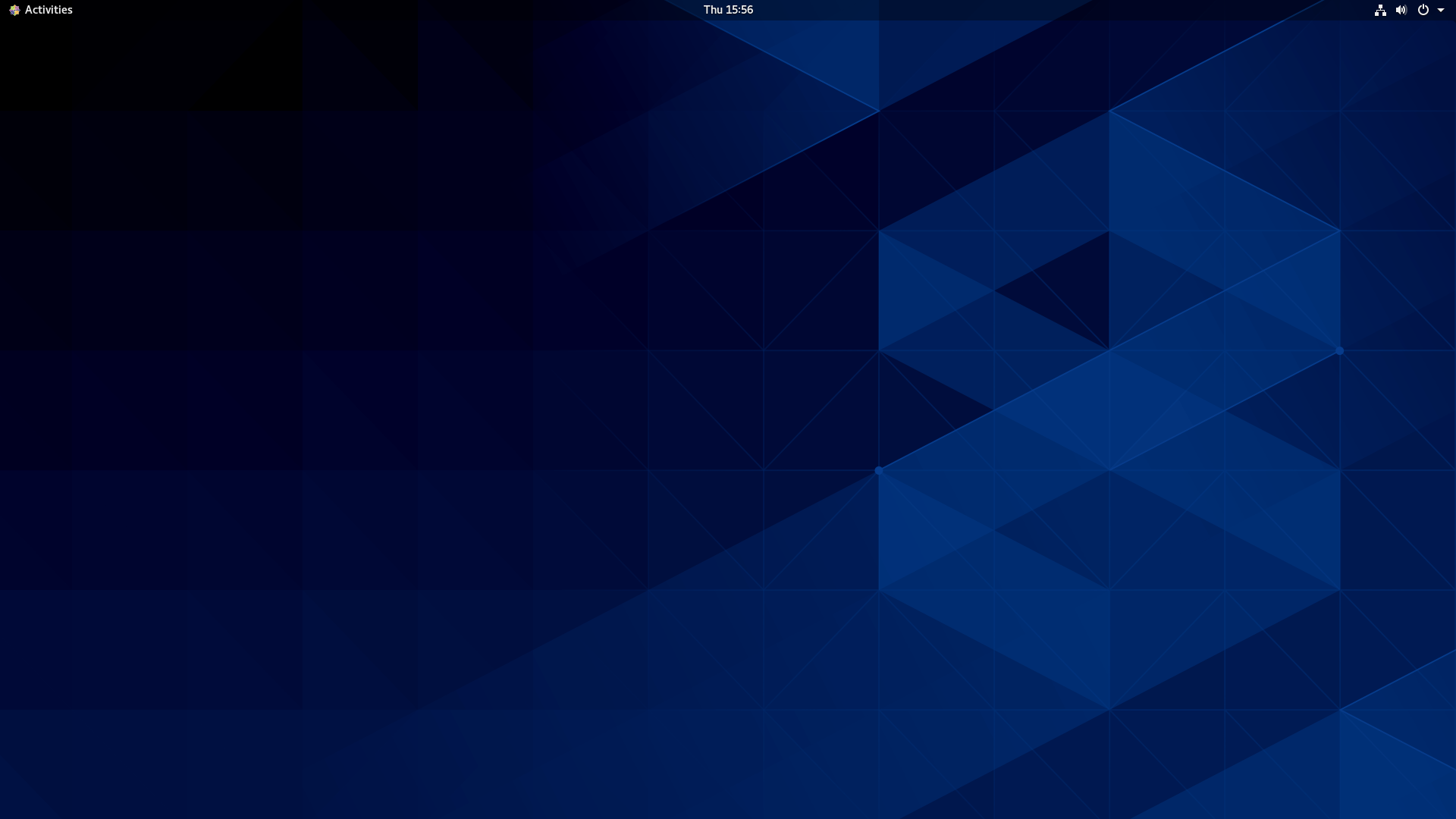How to install docker on Redhat Linux (RHEL) and CentOS? How to setup the docker environment to start the first container to start exploring the container world? In this article, we are going to demonstrate the docker community edition deployment on RHEL/CentOS. We will also launch the Docker containers to test the deployment.
As a workaround, I had to install containerd.io first, make sure it started (sudo systemctl status containerd), and only then install the rest sudo apt-get install docker-ce docker-ce-cli. When I tried to reproduce the issue on a virtual machine, the first installation through sudo apt-get install docker-ce docker-ce-cli containerd.io went well. Apache Virtual Hosting: IP Based and Name Based Virtual Hosts in RHEL/CentOS/Fedora Tarunika Shrivastava September 22, 2018 January 6, 2014 Categories Apache, Web Servers 52 Comments As we all are aware that Apache is a very powerful, highly flexible and configurable Web server for Nix OS. Installation Steps of Docker CE on CentOS 8/RHEL 8 Server Step:1) Enable Docker CE Repository As we said above, docker packages are not available anymore on CentOS 8 or RHEL 8 package repositories, so run following dnf command to enable Docker CE package repository.
Docker Editions
- Docker Community Edition (CE) – Free, Community supported and Do it yourself model.
Docker Community Edition
- Docker Enterprise Edition – Supported by docker and it’s Paid version

Docker glossary
- Docker Image: Docker images are the basis of containers. An Image is an ordered collection of root filesystem changes and the corresponding execution parameters for use within a container runtime. An image typically contains a union of layered filesystems stacked on top of each other. An image does not have state and it never changes.
- Docker container: A container is a runtime instance of a docker image.
- Docker registry: A Registry is a hosted service containing repositories of images which response to the Registry API. The default registry can be accessed using a browser at Docker Hub or using the docker search command.
Pre-requisites:

1. Docker supports only x86_64 (64-bit architecture). It also required Linux kernel version 3.8 and above. You could verify the system architecture and kernel version using the following command.
2. Ensure that system is installed with following packages.
- device-mapper-libs
- device-mapper
- lvm2-libs
- lvm2
- device-mapper-persistent-data
- yum-utils
If not, please install the missing packages using yum command.
Setting up the Docker Repository:
Configure the docker repository by pulling the repo file form docker website and save it in /etc/yum.repos.d directory. The following command does all the actions for you.
Note: Docker community edition is not available for RHEL. However, Docker provides the community edition for Centos which also can be installed on RHEL. But it’s unsupported.
Install Docker Ce On Rhel 8 Download
Installing Docker:
Once the repo is configured successfully, we are good to install docker community edition.
You might get following errors on Redhat Enterprise Linux (RHEL)
Dnf Install Docker-ce Centos8
Error: Package: docker-ce-18.03.1.ce-1.el7.centos.x86_64 (docker-ce-stable)
Requires: pigz
Error: Package: docker-ce-18.03.1.ce-1.el7.centos.x86_64 (docker-ce-stable)
Requires: container-selinux >= 2.9
You could try using –skip-broken to work around the problem
You could try running: rpm -Va –nofiles –nodigest
To fix above mentioned error,
Redhat Linux (RHEL 7) requires extra rpms. Enable the extras RHEL repository. This ensures access to the container-selinux package which is required by docker-ce. It requires a Red hat subscription.
Start the Docker service
Once the installation is done, you need to start the docker service manually.
To start the docker service on startup,
Verify the docker Installation:
The most common way to test the docker is, running image “hello-world” .
We have successfully installed docker community edition on RHEL/CentOS.
